If your son, daughter, or student falls on the autism spectrum, you most likely realize the difficulties peer interaction can bring. For instance a student with autism may use a side entry at school to enter and leave so he or she can avoid large crowds. While such strategies get everyone through the day without incident, the students with autism lose the chances to learn important peer interaction skills.
Louisiana Autism Spectrum and Related Disabilities (LASARD) Project coordinator Julie D. Riley in a recent interview with The Mobility Resource shared why increasing peer interaction opportunities proves crucial to kids with autism.
A Yearning to Interact
On the most basic level peer interaction proves important because the yearning to interact exists. Personal experience working with students with autism led Riley to this observation. “I really saw, especially with the adolescents, the impact that social interaction had on the students themselves and how they really wanted to socially interact. But, often times (those students) just didn’t know how and the peers didn’t know how to start that interaction.”
When trained to “build bridges” classmates and mainstream educators see beyond misconceptions and unsure first impressions. Riley recalled one particular case to demonstrate. “We worked with a first grade general education class that included a couple of students with autism and we trained some peers to help them during the school day, during center work and those sorts of things.”
Continuing Riley said “So I interviewed one of the little girls and I said ‘What do you think about working with the student?’ She was like ‘He is so smart. I mean he really knows everything in school.’ She just never got to know him to know that he had academic strengths before because she just saw a kid who had odd behavior and really doesn’t talk to anybody.”
Enhancing Potential for the Future
Riley explained the significant role social skills plays in education and overall life. “Past school, even if a student has great academic skills if he doesn’t have good social skills that’s going to hinder him getting a job. That’s going to hinder his quality of life and recreation. What do you do when you get out of school and want to go hangout with somebody? Social interaction skills are important throughout life.”
Prepping students with autism to become contributing members to society post school stands a LASARD goal. “We always emphasize try to use more natural supports when necessary because the student is not going to have somebody follow them around in the community all the time. So how can the student allow more natural supports that might not be available outside of school?”
To learn more about LASARD visit http://www.hdc.lsuhsc.edu/. Listed below you will find some potentially helpful resources recommended by Riley.
Autism Speaks
National Professional Development Center on Autism Spectrum Disorders
National Autism Center

Find your perfect Wheelchair Van
Select from thousands of wheelchair vans for sale from hundreds of nationwide dealers
The Mobility Resource has one of the largest selections of Dodge, Toyota, Chrysler, Honda, Ford, Chevrolet wheelchair vans
View All Wheelchair Vans

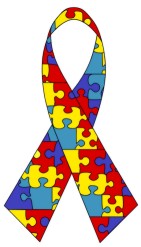
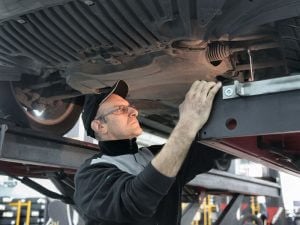

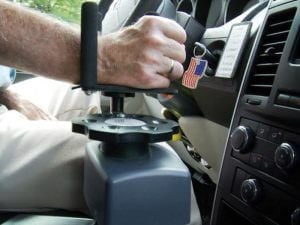


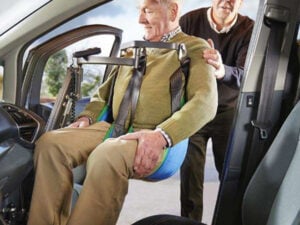

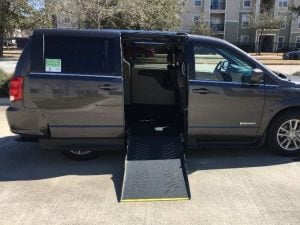
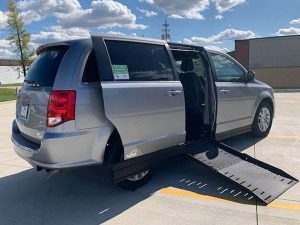

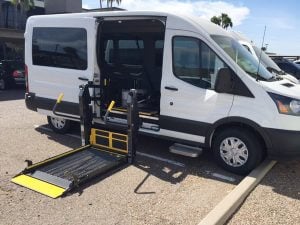


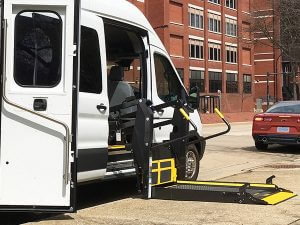


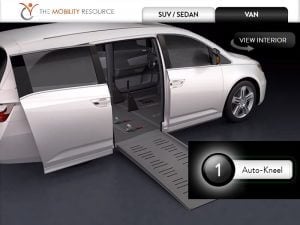


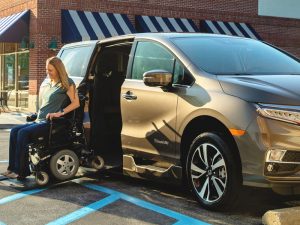
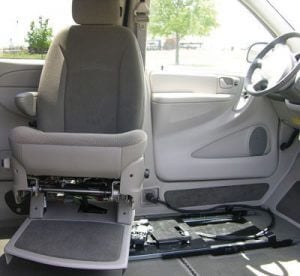
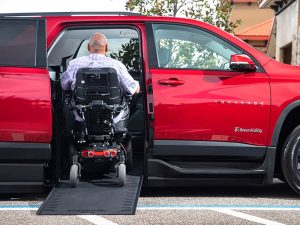
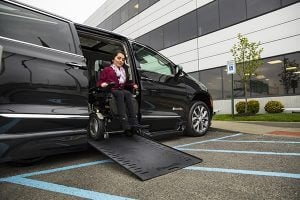







Tweet
Share https://www.themobilityresource.com/blog/post/why-peer-interaction-proves-crucial-to-students-with-autism/